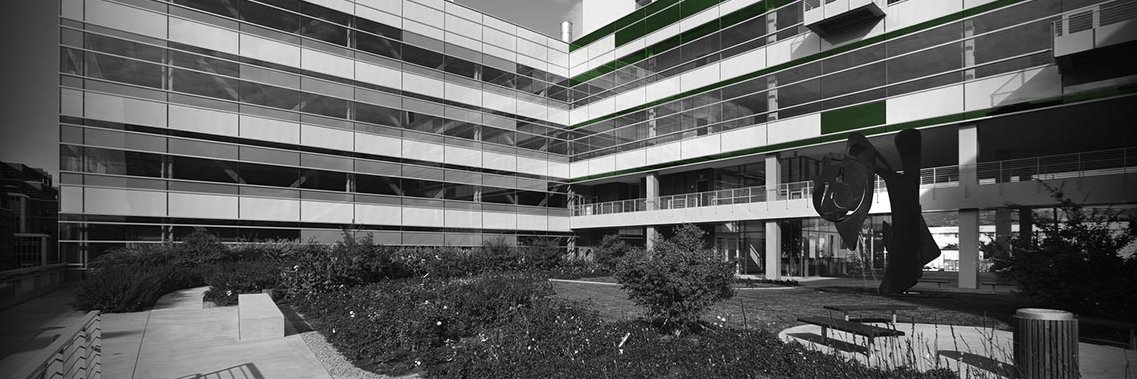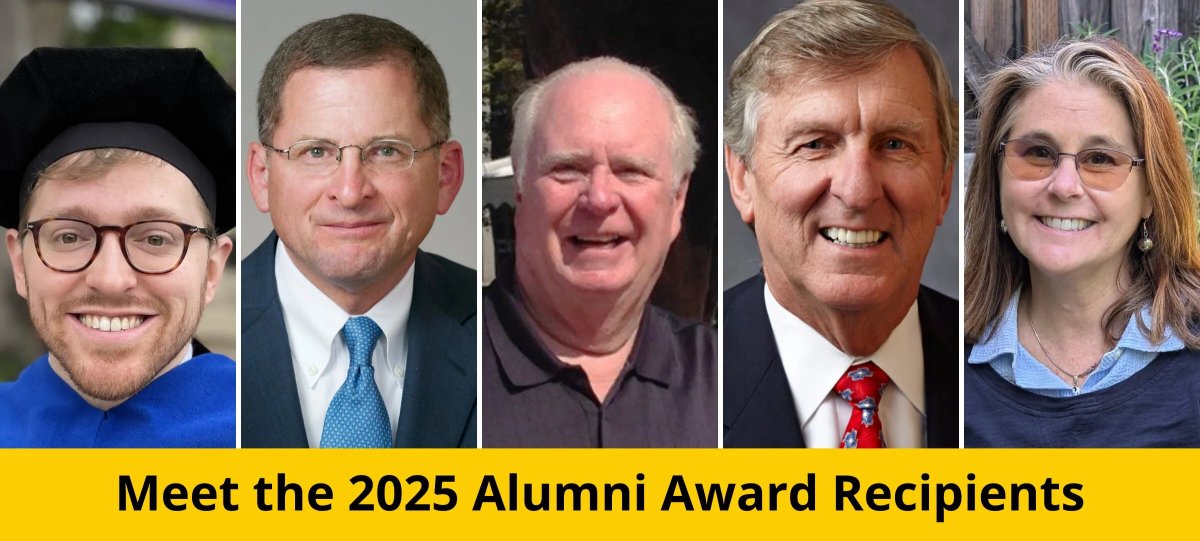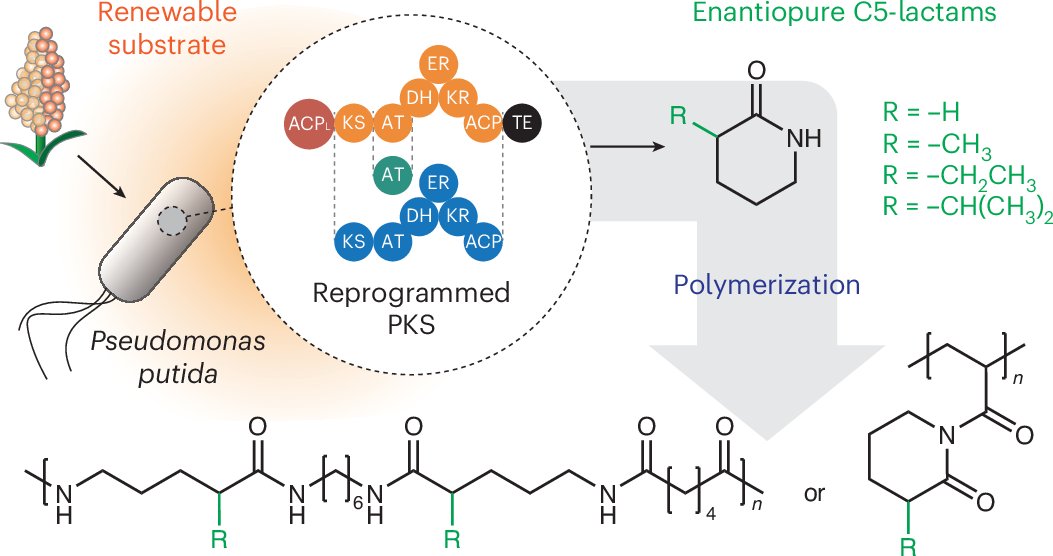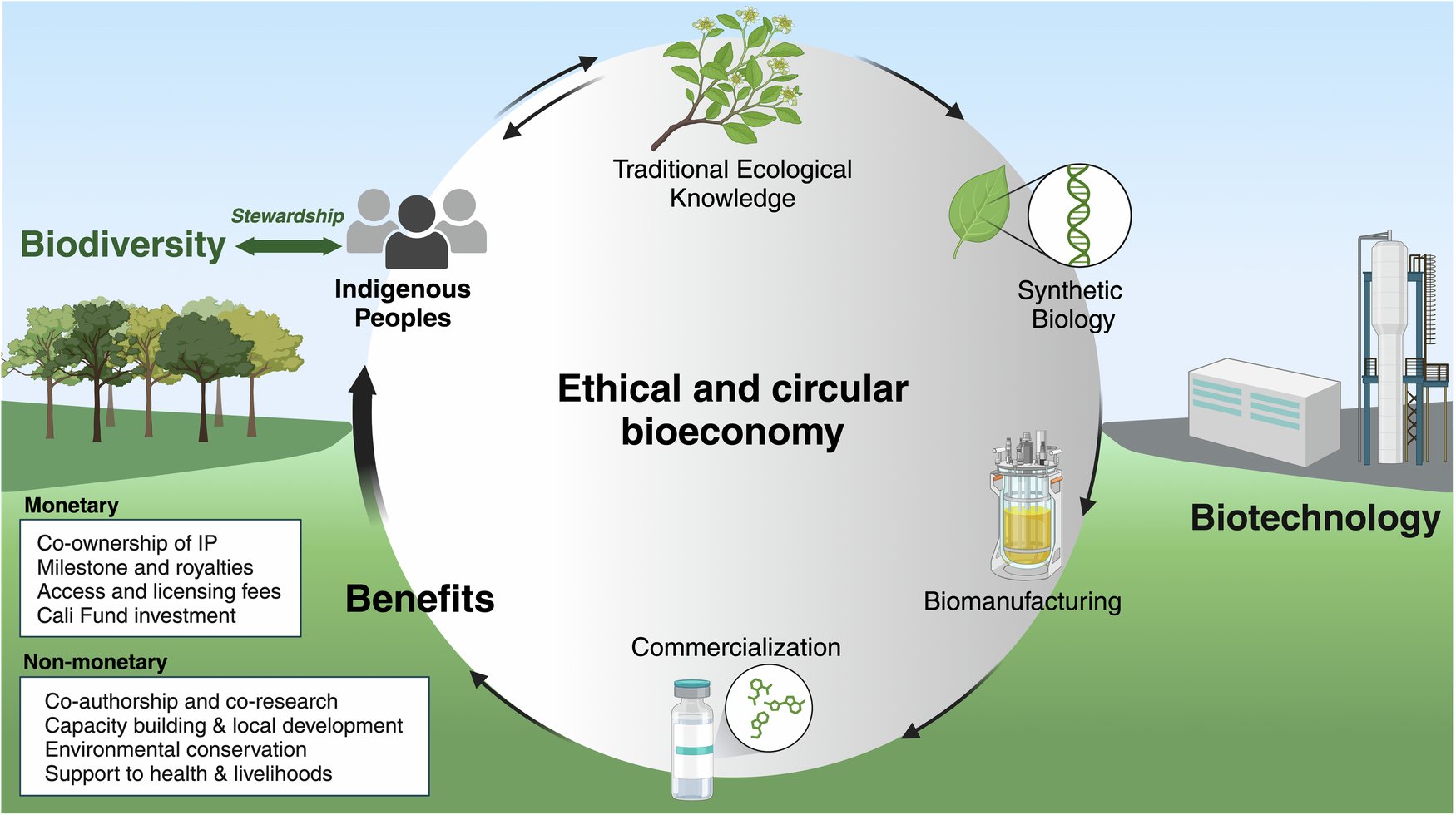
Keasling Lab 🏳️🌈🏳️⚧️
@Keasling_Lab
Twitter account for the lab of UC Berkeley Professor @JayKeasling at @JBEI. Tweets by lab members 🧬
Cowan and his team achieved over 3 g/L of mevalonate from formate, demonstrating bioproduction through the electrical reduction of CO2 or by lignin depolymerization. Decarbonizing manufacturing is within reach! Read more here: nature.com/articles/s4146… (2/2)
We're thrilled to share the work by our very own PhD candidate, Aidan Cowan, on high-titer bioproduction from renewable C1 feedstocks in engineered bacteria. This work is fundamental for a sustainable bioeconomy. Read more here, live on @NatureComms (1/2): nature.com/articles/s4146…
Check out our new preprint! We examined sources of variability of transgene expression in N. benthamiana agroinfiltration and ways to minimize it. Graduate student Sophia Tang observed FP expression in >1,800 plants over the course of nearly 3 years! biorxiv.org/content/10.110…
Our postdoc, Peter Winegar, will receive @michigantech's Outstanding Young Alumni award to recognize his notable achievements. We are proud to be part of his rising academic career and can't wait to see what is next for him! Check out his accomplishments: mtu.edu/alumni/recogni…

Today the Shih Lab (@LabShih) presents ENTRAP-seq, a high-throughput assay for functional screening directly in plant cells.
We're excited to share another work from our lab this week. We present ENTRAP-seq, the first massively parallel reporter assay to characterize protein-coding libraries in plants. Congrats to Simon, Lucas, and all other co-authors. biorxiv.org/content/10.110…
Happy to share our new publication out today in @NaturePlants where we quantitatively dissect synergy and antagonism that occurs during Nicotiana benthamiana transient agroinfiltration. Congrats to Simon, Matthew, Mitch and all other co-authors! nature.com/articles/s4147…
New paper out in @NatureCatalysis! We used a retrobiosynthesis approach to engineer PKSs for the production of new-to-nature valerolactam analogs. Later, we developed a strategy to polymerize these monomers to create novel nylon-5 derivatives. Check it out nature.com/articles/s4192…

Exploring alternative hosts for engineered PKSs is a promising strategy. In our latest publication, we established P. putida as a production host for unnatural polyketides. sciencedirect.com/science/articl…
We're thrilled the work led by our Ph.D. candidate Maria Astolfi (@synbiomaria) is out now on @NatureComms! Our lab has been historically committed to social responsibility. Here, we propose partnerships with Indigenous Peoples for an ethical bioeconomy. nature.com/articles/s4146…

Hey there Berkeley ChemE folks! I'll be giving a lecture this Wednesday March 5th at 10:15 in 180 Tan Happy to be coming back as it's been a few years since I was there as an undergrad running a distillation columns and calculating a boundary layers. I will provide some…
Glad to share a major piece of my postdoc projects in the KL, and huge thanks to my co-authors & collaborators! We hope this work inspires further PKS engineering to expand biomanufacturing capabilities!
Excited to share our latest in Nature Catalysis led by @qingydan1991! We developed a modular polyketide-based platform for biosynthesizing diols, amino alcohols & hydroxy acids—key industrial chemicals used in solvents, polymers & pharma. Read more (1/3): nature.com/articles/s4192…
The Keasling Lab is now accepting undergraduate research applications for the Spring 2025 semester, with availability in these projects! Applications are reviewed on a rolling basis, apply here: forms.gle/wErQJffrgiiqHn…
